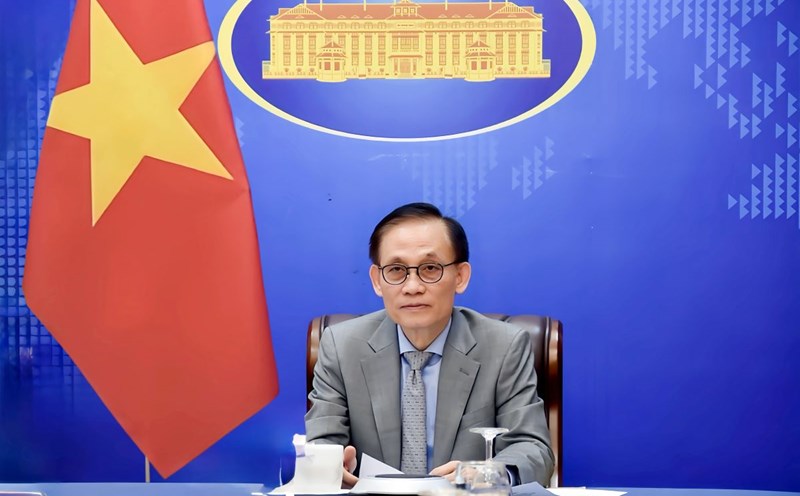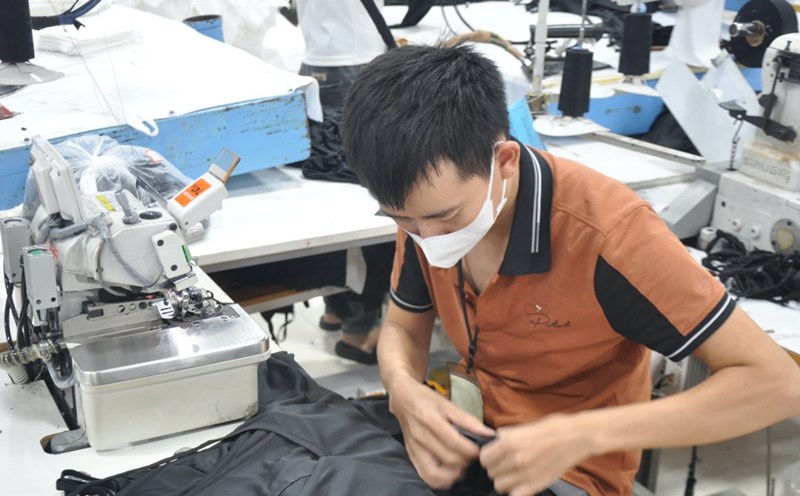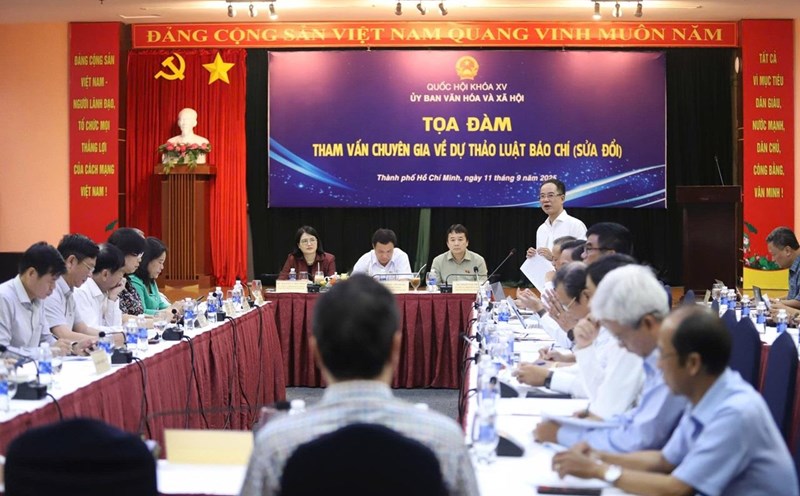Currently, the tourism industry in the Asia-Pacific (APAC) is on the path to a strong recovery. Strong growth leads to increasing demand for smart and safe connectivity.
According to statistics, in 2024, the Asia-Pacific region welcomed more than 316 million international visitors, narrowing the gap to the pre-COVID-19 pandemic level of only 13%, compared to a serious decrease of 74% in 2022. In addition, the number of tourists abroad from the Asia-Pacific region is expected to grow strongly from 2025% this year.
However, the strong recovery of the tourism industry has led to an increase in cybercrime activities by taking advantage of the rapid development of eSIM in this area. Kaspersky experts have discovered many fraudulent websites and fake campaigns of leading network operators in the region such as Singtel, Smart and Telstra.
Entering sensitive information such as phone numbers on fraudulent websites can put users at serious security and financial risks. Especially when having the information provided by the user, especially the login data or security questions, cybercriminals can easily access the user's bank accounts or e-wallets.
To meet the need for a safe connection anytime, anywhere, cybersecurity experts recommend that users can use eSim Store - a convenient solution that allows users to quickly install an online digital SIM (eSIM) directly on their mobile device.
With just a few simple steps, users can choose a package by country, region or globally and access the Internet without having to un install the physical SIM as before. This is a fast, safe and unlimited connection method, especially suitable for the modern user generation, prioritizing flexibility and continuous mobility.
According to data, the eSIM tourism market is growing strongly in the Asia-Pacific region, currently accounting for more than 56% of the global market share, generating revenue of about 11.5 million USD in 2024.
Industry forecasts show that this trend will continue to maintain growth momentum with an average annual rate ranging from 11% to 21% in the coming years.











